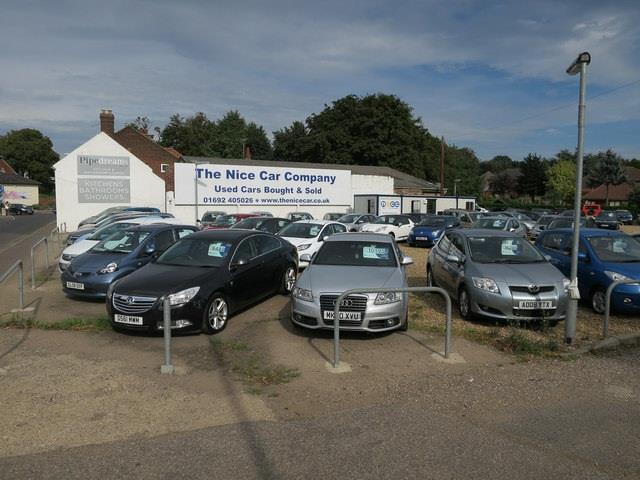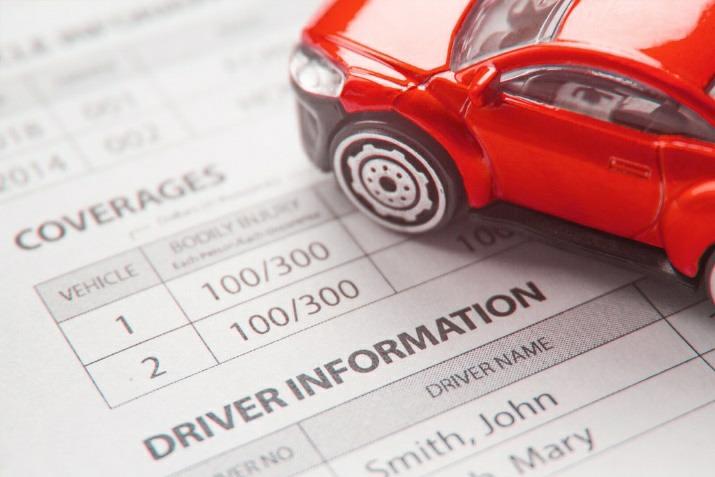Article /
Promotional Features /
Miscellaneous
Everything You Need to Know Abut Buying a Car in the UK |
After buying a house, your car is probably the biggest investment youíll make.
Used car salesmen have a bit of a reputation as well. Although this isnít
entirely justified, itís easy to make a bad purchase if youíre not on the ball
with the rules and regulations. Hereís everything you need to know about how to
manage the car buying process.
Check MOT
Getting A Good One
If you donít know much about cars, then buying a decent one can be a daunting
task. If you have a trusted friend who knows about cars then ask them to come
with you. Always have a test drive in the car and trust your own instincts. If
it feels wrong, walk away. There will be another car at some point. Auctions
might offer a cheap way of getting a car but itís a high-risk option as youíre
committing to buy right away without the opportunity for thorough testing.
Mechanics and large motoring organisations such as the AA also provide
independent checks. These are fairly expensive at around £100, but itís a good
way of separating good cars from bad. Finally, pay for checks online to make
sure your new car isnít stolen, has outstanding finance or has previously been
written off.
Financing The Purchase
Few people pay cash for their car. Most will use some sort of finance. Many
large dealers offer finance packages, but you donít have to take these if you
donít want to. Ask your bank or shop around for a loan at a more competitive
rate. Remember that youíll need the funds cleared in your bank account before
the dealer will let you take the car away with you. If you have a car to trade
in, this can be used as the deposit on your new car. Some dealers also offer
leasing options, which are more like an extended hire agreement where you never
actually own the car. The advantage of this type of deal is that you can get a
new car every couple of years and the lease fee covers everything from tyres to
insurance.
Documents
There are some key pieces of paper which you should expect to get with your new
vehicle. This applies whether youíre buying privately or from a dealer. The most
important piece of paper is the V5 form, which some people refer to as ďthe log
bookĒ. This is the DVLA form which lists the name and address of the legal owner
of the car. Check that the V5 you are given shows the right make, model and
registration number. Check also the VIN number, also known as a chassis number
on the car matches the document. If the buyer canít produce the V5, or the
details donít match, then alarm bells should start ringing and you should walk
away from the purchase. You should also ask for any manuals and service records
which the old owner has. Keep documents in a safe place at home rather than
inside the car.
Car Insurance
Itís your job as the carís driver to organise insurance for your new car. Itís
not up to the person selling the car to fix the insurance for you. If you drive
away in an uninsured car, then you are liable for prosecution even if youíve
only just bought it. Never go with the first quote you get for insurance. It
always pays to shop around and compare prices from different companies. Prices
will vary depending on your age, driving history and where you live. You can
easily organise insurance at any time of the day or night online. Thereís no
need to carry your car insurance documents around with you. Insurers are all
connected to the Police database, so theyíll be able to tell right away whether
the vehicle is insured or not. All you need is the insurerís contact details in
case you ever need to make a claim.
Car Tax
If youíre buying car tax from a main dealer, they will often offer to throw in
six or twelve months as part of the deal. If youíre buying a car privately, you
should ask the seller what their plans are if the car is currently taxed. If
they wish to claim a refund for the unused portion of the tax they are entitled
to do so. You can also check online whether your car is taxed, and pay online
too. Donít risk driving untaxed as again this could land you with a fine and
points on your licence. The amount of car tax youíll pay will depend on the type
of car and the amount of emissions. Owners of electric cars donít pay any car
tax at all, but youíll still have to log into the website annually to reclaim
the exemption.
MOT
If your car is more than three years old, it will also need an annual
MOT Check.
This is a legal requirement. The MOT is a government scheme which is all about
checking up on the safety and roadworthiness of your car. The MOT covers
everything from seatbelts to brakes or indicators. The cost of a MOT test is
capped by the government and current rates can be found online. Garages are
allowed to charge lower rates if they choose, but canít charge above the legal
maximum. If your car passes its MOT, youíll be given a certificate. If it fails,
you can either get the garage to put it right, or take it elsewhere for fixing
in most cases. Hopefully, if youíve just bought a second hand car and had it
checked over by a professional, there shouldnít be any nasty surprises with the
MOT.
Optional Extras
Unlike tax, MOT and insurance, things like breakdown cover arenít a legal
requirement. But if youíre a new driver or arenít confident with mechanics, then
having cover can provide huge peace of mind. If you live in a busy city, make
enquiries about residentsí parking if that applies.
TAGS:
Buying a Car in the UK,
tips to buy a car,
UK,



